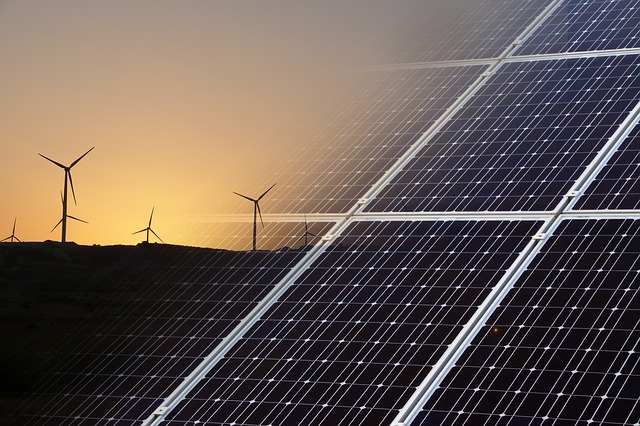Chris Tanner, co-lead investment adviser to the JLEN Environmental Assets fund (JLEN), identifies the key trends in renewables for 2021
Electric vehicles and beyond: “Our economy’s shift towards green transport gained excellent momentum over 2020, but there is still headway to be made. For 2021 we expect to see a surge in sales of electric vehicles alongside an investment boost in other transport technologies that decarbonise the UK’s emissions-heavy transport network even further. For example, JLEN is investing in a network of renewable biogas refuelling stations across the UK which will service HGVs. HGVs fuelled with 100% biomethane cut the typical greenhouse gas emissions of a similar diesel vehicle by up 80% on a “well-to-wheel” basis1.
Emission targets start at home: “The gas network which powers our central heating systems is a huge contributor overall to the nation’s carbon footprint but until now it has gained very little attention. We believe the greening of the UK’s gas network will make significant headway over 2021 as demand for better solutions grows – a good example of this is how the UK is currently trialling a 20% hydrogen mix in the gas network supplied to a village near Newcastle.
Growth in wind and solar output: “Established technologies such as wind and solar are expected to expand further in 2021, particularly to meet demand from corporates who are seeking to meet stringent decarbonisation targets. To complement the growth in output, investment in large scale battery storage facilities will be necessary to meet the demand for storage that will help to smooth out the peaks and troughs in energy generation typically seen in a renewable energy supply chain.
Tougher rules from policymakers: “We hope and expect to see continued commitment from policymakers to promote and legislate for decarbonisation globally. For example, Biden’s administration promises aggressive measures to tackle climate change and we are certainly keen that our own government keeps its promise to ‘Build Back Better.’ To support reaching our emission targets, it is vital that climate reporting frameworks are refined, and transparency is increased across all businesses.
A green post-Brexit UK economy: “The UK government pledged to create a new UK infrastructure bank as part of its green manifesto. We think it is important that this bank has a specific remit to support nascent green technologies that will ultimately provide the tools and services we use to reach the net zero target by 2050. It would also be a key driver of jobs in the post-Brexit economy.”




